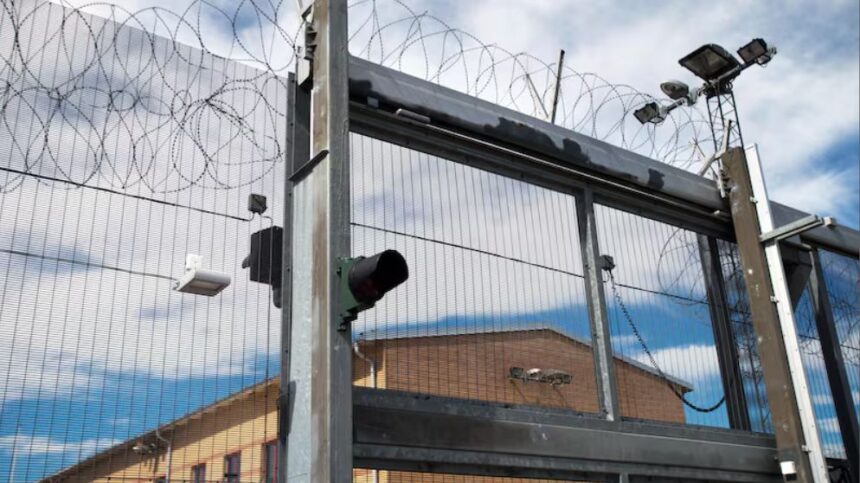Sweden: Siltanews – News Desk
Sweden is planning to send foreign criminals back to prisons in their home countries as its tough-on-crime policies lead to overcrowding in jails.
Justice chiefs say one in five prisoners in Sweden comes from abroad, with most of those being from non-EU or Nordic countries to which it is harder to have them deported. They are seeking new powers to transfer people to foreign jails “without consent”, even if their sentence is relatively light.
The crackdown on crime in Sweden means “more people will be in prison, and for longer periods of time”, said Justice Minister Gunnar Strommer. He said the new proposals “can reduce the burden on Swedish prisons while protecting taxpayers’ money”.
Sweden already has one of Europe’s most overcrowded prison estates, with 105 people behind bars for every 100 places available, according to figures published by the Council of Europe last year. Auditors have warned of overcrowded prisons and overburdened probation workers, meaning a lack of treatment for those at risk of reoffending.
Despite this Sweden has doubled sentences for serious weapons offences as it banks on prison as a deterrent against its criminal gangs. Police have battled a spate of shootings and explosions in major cities, with gangs allegedly doing Iran’s bidding and many politicians pointing the blame at failed immigration policies.
“Support for and confidence in free movement across borders within the EU and migration policy depend, among other things, on foreigners coming to Sweden refraining from crime,” the government wrote in papers setting out the new prisons policy. It said current rules for sending prisoners abroad “can rightly be described as complicated and difficult to apply”.
“A clear stance from Sweden that convicted persons with no connection to Sweden should serve their sentences in their home countries can also, to some extent, reduce the incentive to commit crimes here,” it said.
Swedish prosecutors last week announced charges against a suspected crime boss from the Foxtrot gang who is suspected of giving orders from a base in Serbia. The 38-year-old man was extradited to Sweden last year and faces trial on more than a dozen drugs and weapons charges, which he denies.
Swedish parties agreed last month that dual citizens who threaten national security could be stripped of their passports in a “fundamental change” to nationality law, but failed to agree on doing the same for gang members. Mr Strommer warned that tackling gang violence was a “critical democratic issue”.

